In India, a country rich in diversity and complexity, several filmmakers have taken up the challenge of addressing pressing social issues through their documentaries. These films not only offer a unique perspective on various problems but also ignite conversations that can lead to positive change.
Here are seven best Indian documentaries that have successfully shed light on significant social issues.
Best Indian Documentaries on Social Issues:
1. “India’s Daughter” (2015)
Directed by Leslee Udwin, “India’s Daughter” tackles the sensitive subject of gender-based violence and the prevailing mindset that perpetuates it.
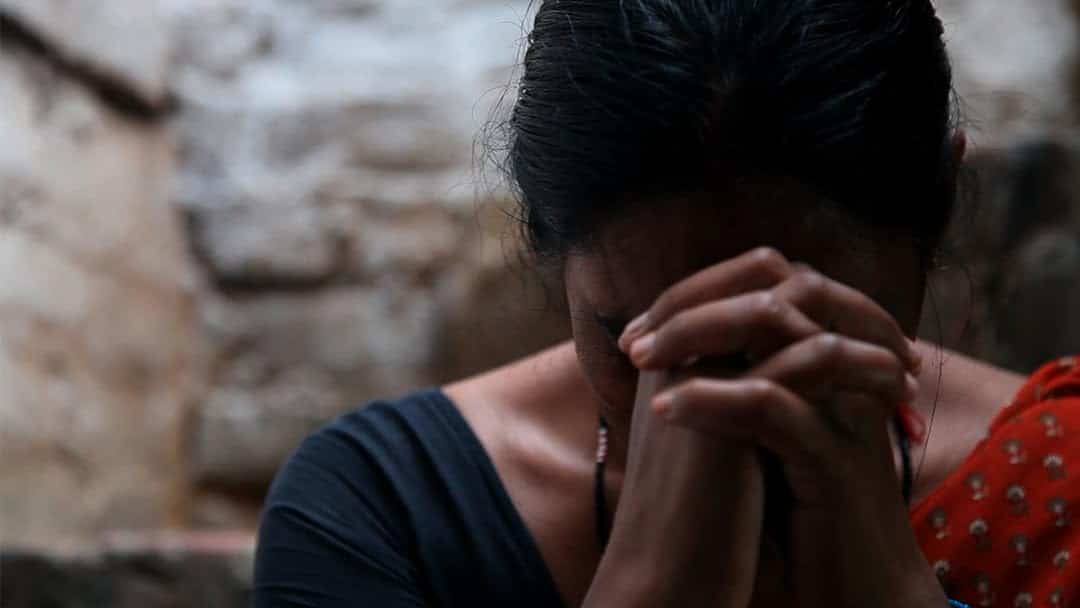
The documentary revolves around the horrific gang rape and murder of Jyoti Singh in Delhi in 2012.
Through interviews with her family, lawyers, and the convicts, the film explores the deep-rooted misogyny and cultural attitudes that contribute to such heinous acts. “India’s Daughter” serves as a powerful call to action, urging society to challenge and transform its views on gender and safety.
2. “An Insignificant Man” (2016)
This documentary, directed by Khushboo Ranka and Vinay Shukla, provides a behind-the-scenes look at the rise of the Aam Aadmi Party (AAP) and its charismatic leader Arvind Kejriwal during the 2013 Delhi Legislative Assembly elections.
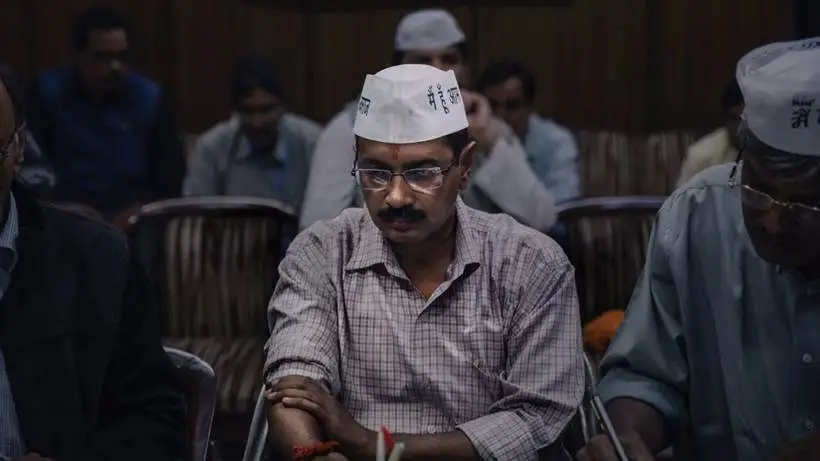
Beyond the political intrigue, the film delves into the complex intersection of activism, grassroots democracy, and the challenges of disrupting a deeply entrenched political system. “An Insignificant Man” sheds light on the potential of citizen-driven politics in a country grappling with systemic issues.
3. “I Am” (2011)
Directed by Onir, “I Am” is a collection of four short films that address various social issues such as homosexuality, child abuse, and communal tensions.

Through these interconnected stories, the documentary tackles taboos and societal norms that often stifle individuality and perpetuate discrimination. “I Am” highlights the importance of acceptance, empathy, and breaking free from the confines of tradition.
4. “The World Before Her” (2012)
Nisha Pahuja’s “The World Before Her” juxtaposes two contrasting worlds in India: the Miss India beauty pageant and a Hindu fundamentalist camp for young girls.
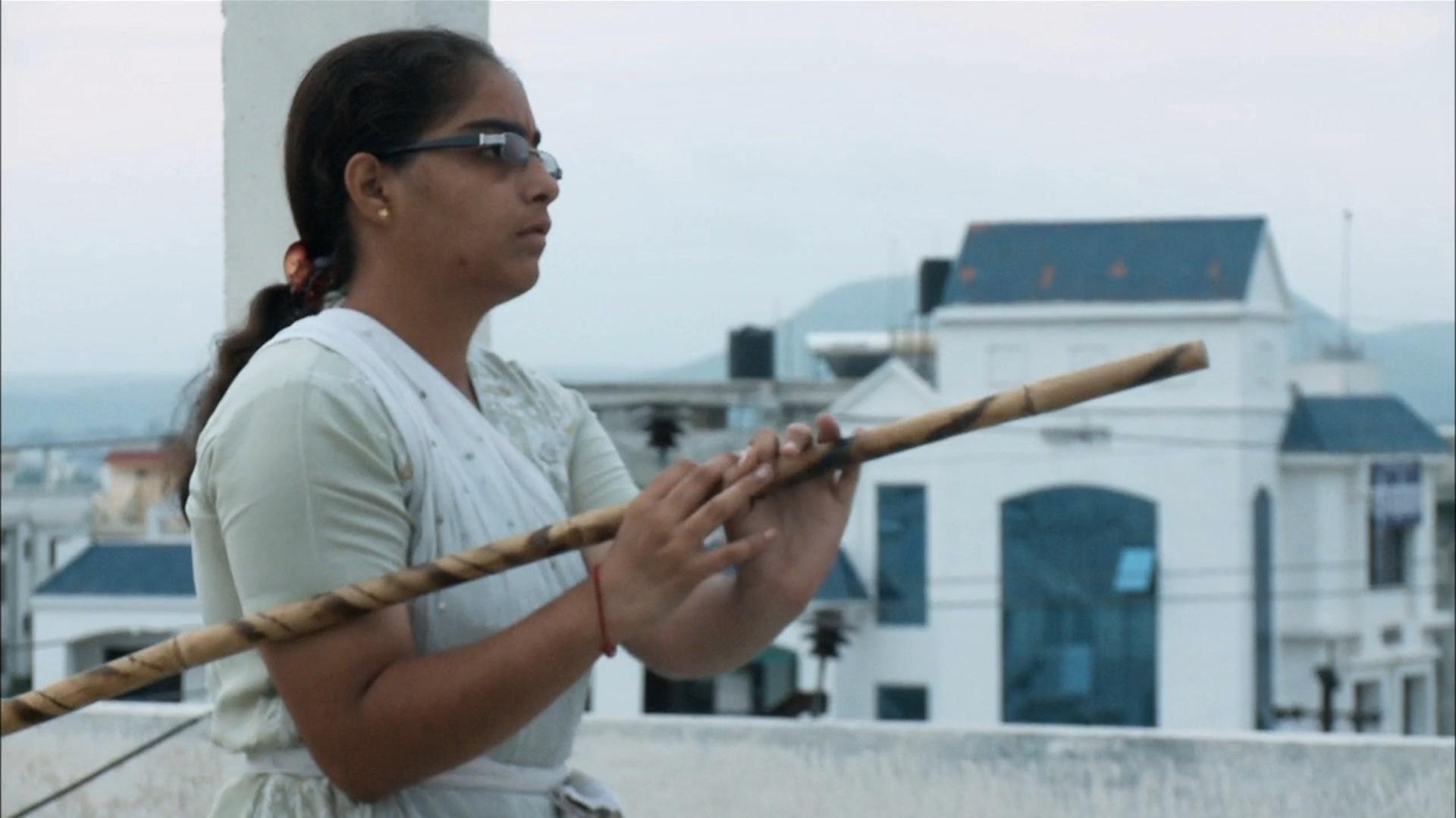
By examining the lives and aspirations of participants in these vastly different environments, the film sheds light on the complex interplay between tradition and modernity in India.
It raises questions about women’s agency, societal expectations, and the paths available for women to navigate in a rapidly changing society.
5. “Fire in the Blood” (2013)
Directed by Dylan Mohan Gray, “Fire in the Blood” takes on the issue of access to affordable medication, particularly antiretroviral drugs for treating HIV/AIDS.
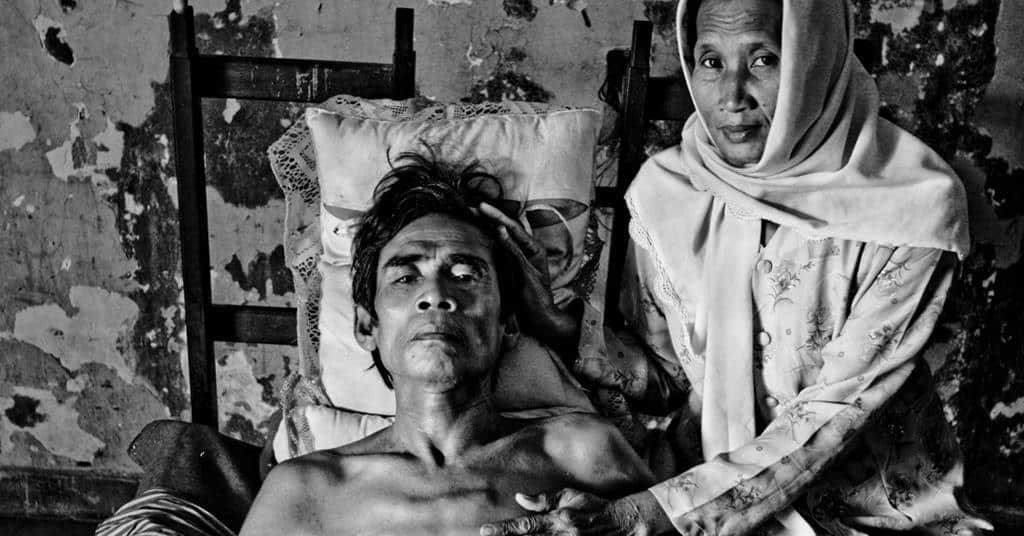
The documentary highlights the patent battles and corporate greed that have led to the denial of life-saving medicines to millions of people, particularly in developing countries.
By exposing the pharmaceutical industry’s profit-driven practices, the film advocates for the right to health and the importance of prioritizing human lives over economic interests.
6. “Katiyabaaz” (2013)
In a country where electricity is a luxury for many, “Katiyabaaz,” directed by Fahad Mustafa and Deepti Kakkar, delves into the power struggle surrounding electricity distribution in the city of Kanpur.
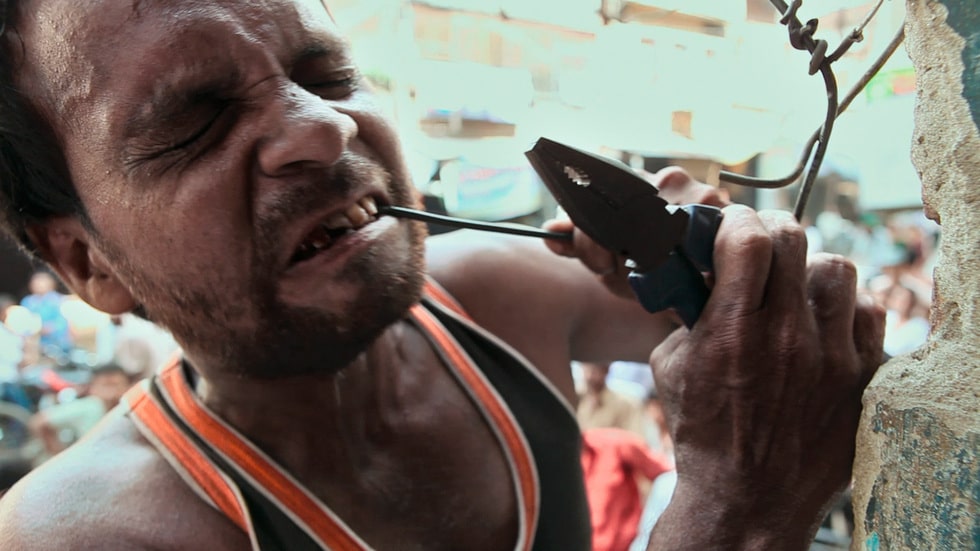
The documentary focuses on the lives of Loha Singh, a local electricity thief, and Ritu Maheshwari, the first female chief of the Kanpur Electricity Supply Company.
Through their stories, the film highlights issues of corruption, resource scarcity, and the struggle for basic amenities faced by many Indians.
7. “Muzaffarnagar Baaqi Hai” (2015)
Directed by Nakul Singh Sawhney, “Muzaffarnagar Baaqi Hai” documents the aftermath of the 2013 Muzaffarnagar riots in Uttar Pradesh.
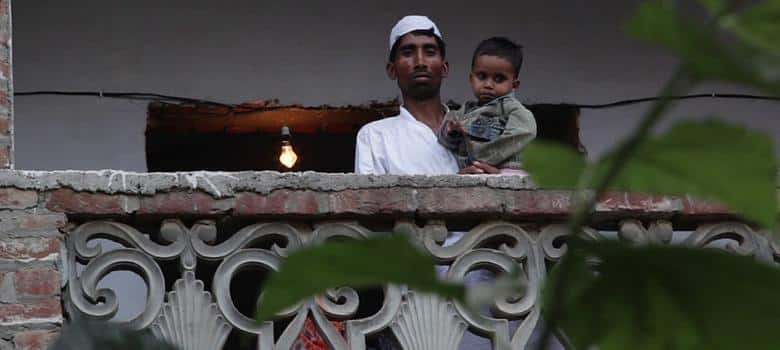
The film provides a platform for the survivors to share their stories and experiences, while also exploring the political manipulation and communal tensions that contributed to the violence.
By giving a voice to the marginalized and shedding light on the realities of communal violence, the documentary urges society to confront the prejudices that fuel such conflicts.
Conclusion:
In conclusion, Indian documentaries have proven to be a potent tool for raising awareness about pressing social issues that affect the country. These films not only inform but also inspire conversations, empathy, and action.
Through their compelling narratives and thought-provoking content, documentaries like “India’s Daughter,” “An Insignificant Man,” “I Am,” “The World Before Her,” “Fire in the Blood,” “Katiyabaaz,” and “Muzaffarnagar Baaqi Hai” have successfully illuminated various facets of India’s social landscape. As viewers engage with these films, they are prompted to reflect on their roles in addressing these issues and contributing to positive change in society.
ALSO READ: The 10 Best Animated Films For All Ages: A Journey Into Timeless Classics
















